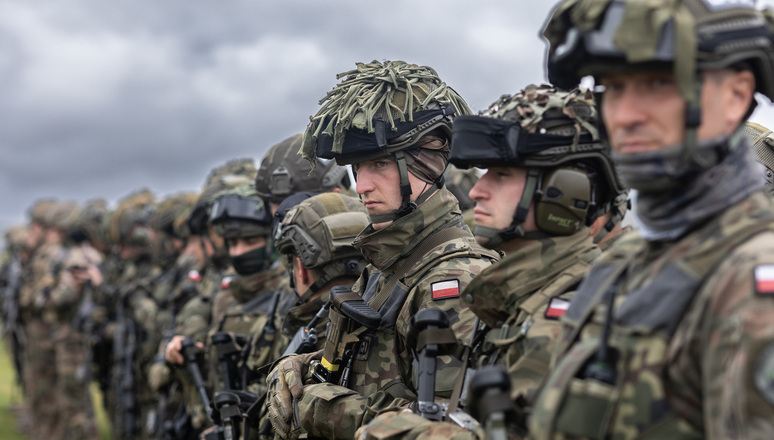The shortage of military personnel in the armed forces of many NATO member states is getting worse and the problem is no longer limited only to recruiting new soldiers, but also complicates the creation of existing forces, so that they do not give up their military career.
This reality is repeated in many European countries. In France, the Minister of the Armed Forces this week presented a talent retention plan to encourage military personnel to continue serving.
The proposal comes just days after an annual government report, submitted to the German parliament, revealed that a total of 1,573 soldiers left the German armed forces last year: its personnel now stands at 181,514.
“These discussions now exist in all capitals, in all democracies that have professional armies without compulsory military service,” French Minister Sebastien Lecornu said, referring to NATO allies the United Kingdom and the United States.
He added: “At NATO meetings we can talk about military equipment, but now we also talk about the level of its retention [de soldados]He said, quoted by Politico.
The issue gains greater importance in light of the Russian invasion of Ukraine that has been ongoing for more than two years. There are already countries considering more “radical” measures, such as the return of compulsory military service. Croatia is analyzing the hypothesis and Denmark wants to expand it to include women.
Germany, which abolished compulsory military service in 2011, has seen its armed forces aging, which is why there is now a renewed debate on whether compulsory military service should be reintroduced at the national level.
According to data from several countries, the average time military personnel spend serving in France has “shortened” by one year. In the United Kingdom, there is an annual shortage of soldiers of up to 1,100 soldiers, and even the use of private companies does not meet the needs.
In Poland, the government announced increases in military salaries of about 30%, in an attempt to retain troops. The monthly minimum for a soldier ranges from 4,960 zlotys (1,150 euros) to 6,000 zlotys (1,387 euros).
For its part, the French government provided other types of benefits, such as support for finding housing, access to health care, and childcare. Spouses working in the Ministry of the Armed Forces, even if one of them is a civilian, have also begun to be allowed to transfer jobs together.
“I would rather have fewer hires to improve retention than continue on a hiring spree in which the number of people retained keeps dropping,” LeCorneau said.

“Hardcore alcohol maven. Hipster-friendly analyst. Introvert. Devoted social media advocate.”


